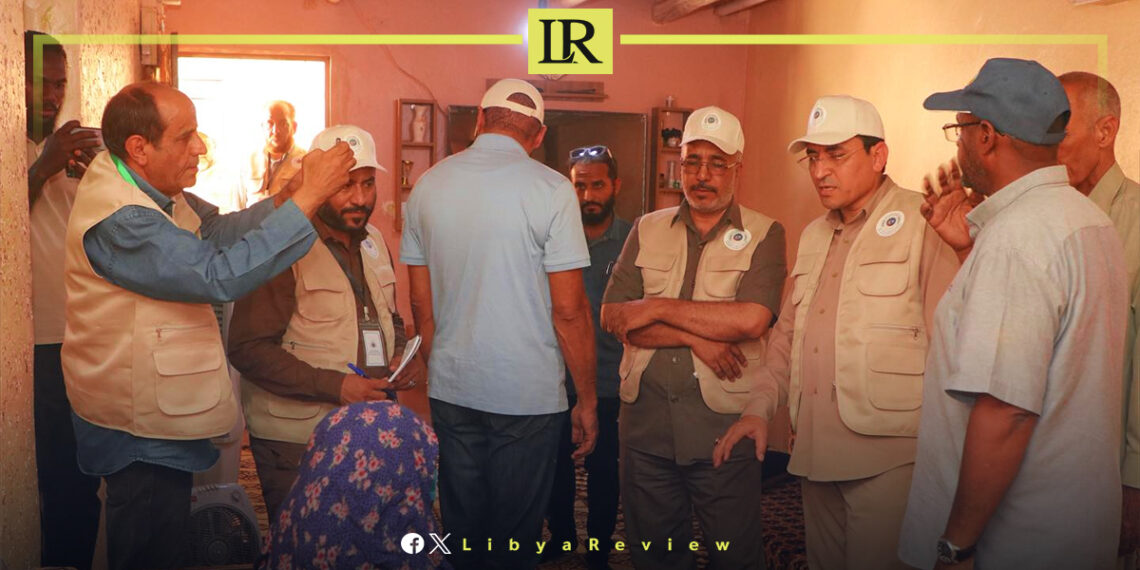On Wednesday, the Libyan government announced a sweeping initiative to upgrade healthcare services in the southern region, aiming to address long-standing gaps in medical infrastructure. As part of this effort, Minister of Health Dr. Othman Abdel Jalil, along with Minister of Environment Mohamed Abdel Hafeez Zayed and the head of the Emergency and Rapid Response Committee, Abdullah Al-Sharif, visited the town of Al-Abyad to assess the region’s healthcare needs and engage directly with residents.
The delegation was warmly welcomed by the community, who expressed their concerns and highlighted the need for improved medical services. In response, the government confirmed its commitment to equipping the area with better healthcare facilities. A key part of this initiative includes establishing a primary healthcare unit, which will offer vaccinations and essential medical care, marking it as a vital component of the region’s healthcare system.
According to a government statement, this initiative is part of a larger plan to revitalize healthcare services across southern Libya. The government aims to focus on critical areas such as Al-Abyad, Qalaa Ubari, and Ghat, with a special emphasis on restoring services in regions affected by recent floods and severe weather. The goal is to ensure that healthcare delivery remains consistent and effective, even in the face of environmental challenges.
The government’s plan represents a broader effort to improve healthcare access across southern Libya, a region that has historically faced neglect. The initiative will prioritize the construction and refurbishment of healthcare facilities, the supply of medical equipment, and the support of healthcare professionals to ensure that underserved areas receive the attention they need.
Southern Libya, particularly the region of Fezzan, has long struggled with inadequate healthcare infrastructure. Years of conflict, underinvestment, and political instability have left many areas without basic medical services. In recent times, environmental factors such as flooding have further damaged health facilities, making it difficult for residents to receive even the most essential care.
The initiative is part of the government’s wider commitment to achieving national stability and improving the quality of life for Libyans in historically underserved areas. By focusing on the south, the Libyan government aims to close the healthcare gap and bring more equitable access to medical services across the country.


